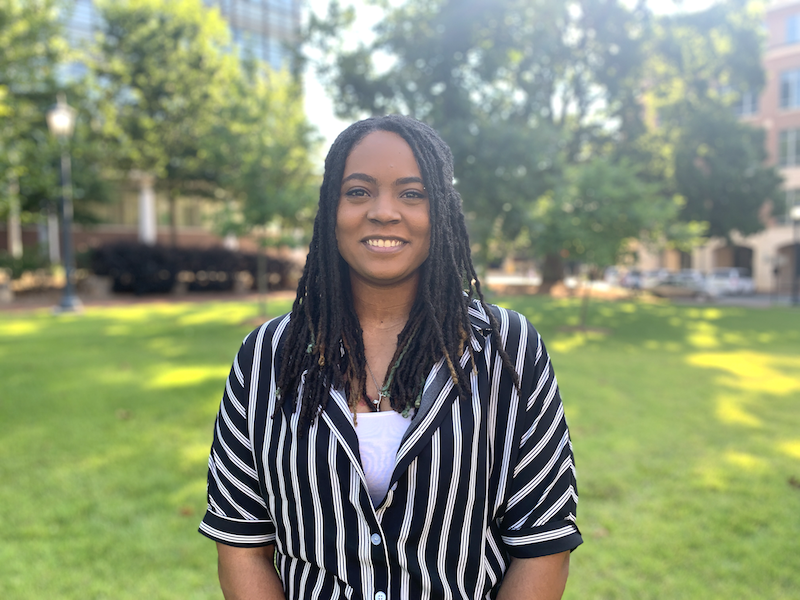Regulatory Affairs (RA) plays a critical role throughout the grant lifecycle, ensuring protocol integrity in the development of drugs and vaccines on the path to human use. Joelle Howard, who goes by Jo, joined IGHID last June. She is one of three regulatory document specialists who work across departments, schools, and countries to maintain accurate and appropriate documentation for approximately 500 projects.

1) How does your work help investigators on the path to research excellence?
“I provide specialist support for anything defined as an essential document by Good Clinical Practice (GCP) requirements. GCP is the scientific quality standard for designing and conducting clinical trials, which includes performance, monitoring, auditing, recording, analyses and reporting. Compliance with GCP protects the rights, safety and wellbeing of people taking part in studies so that research data is reliable.
“We create the physical documents for the study teams to use in clinical studies, and we maintain them, making sure they’re always up to date. We are also involved in the review of Safety Reports and Investigator Brochures or Package Inserts, which provide information about the drug being studied. This is an important part of ensuring that participant safety remains at the forefront of our research efforts. Quality Control (QC) and Quality Assurance (QA) are a big part of our work, to evaluate how we’re doing and to identify areas for improvement.
2) What happens when research is monitored?
“We are typically the first point of contact for scheduling site initiation, interim monitoring, and closeout visits. When monitors come on site, they want to see the regulatory documents to make sure that we have everything up to date that everything has been signed off. Our goal is to make sure everything goes smoothly so that the nurses and doctors can stay focused on the participant volunteers and not have to worry about anything else. We work closely with monitors to communicate any relevant information regarding staffing or study locations, and to coordinate meetings with the study team to ensure that everyone is on the same page as the study progresses.”
3) What are you learning?
“This work requires an eye for detail and QA, and being able to catch something so that it doesn’t become an issue. Regulatory Affairs requires a systematic approach to getting work done, and that makes the job a really good fit for me. A big draw was the fact that I can actually see the results of the studies we work on, and we’re involved with many different groups under the Institute which is really fun, and a great opportunity to network and meet people who are passionate about what they do.
“With international studies there are many different regulatory authorities that we have to deal with, not only for the U.S., but around the world. Working with international teams has been a great learning experience about what regulatory documentation is used by different countries, and I appreciate the opportunity to feel like part of a global effort to improve the human condition.”
4) What do you enjoy about working in Regulatory Affairs?
“At the end of the day, it’s all worth it when you see progress being made, and you know some question gets answered or somebody has better access to health care somewhere. It’s definitely exciting to see a new drug like Cabotegravir or Novavax approved, knowing all of our work has paid off, especially when the news breaks and there’s a team celebration. During moments like that you realize, this is the reason we’re here.”
5) What’s something about you that not many people know?
“I was part of an award-winning choral ensemble in high school (I was a Soprano I – the highest pitch part😊), and I still have a fond appreciation for choral music to this day.”
6) What is the next place on your travel bucket list and why?
“One of the places I would love to travel next is Kyoto, Japan. I’ve wanted to see shrines and gardens in that area for a while now. I’m very fond of green spaces and water, and Japanese gardens have a serene feeling that makes them an ideal spot to visit, for me.”
The Institute for Global Health & Infectious Diseases (IGHID) attracts people who are driven to make big change. From principal investigators and grant managers to regulatory specialists and study coordinators, everyone has an important role to play in what we do. We are pleased to highlight colleagues who proudly serve IGHID. This is the first in a series that shines a light on IGHID people and purpose.
